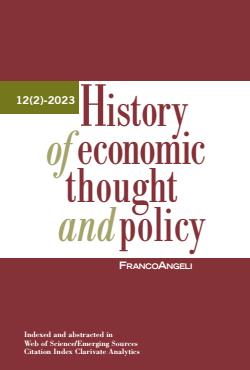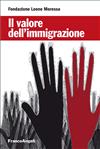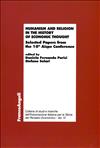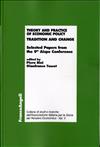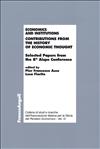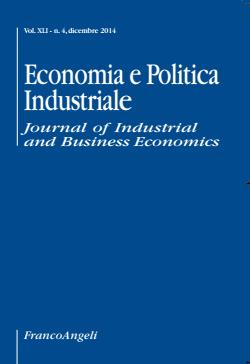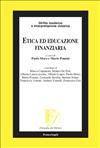
Attraverso le voci di economisti e giuristi, con un approccio interdisciplinare e un’esposizione lineare, questo volume indaga le attuali connessioni tra etica ed educazione finanziaria, presentando alcune recenti prospettive sviluppate nella ricerca scientifica e nella prassi didattica dell’Università degli Studi di Padova.
cod. 503.26
